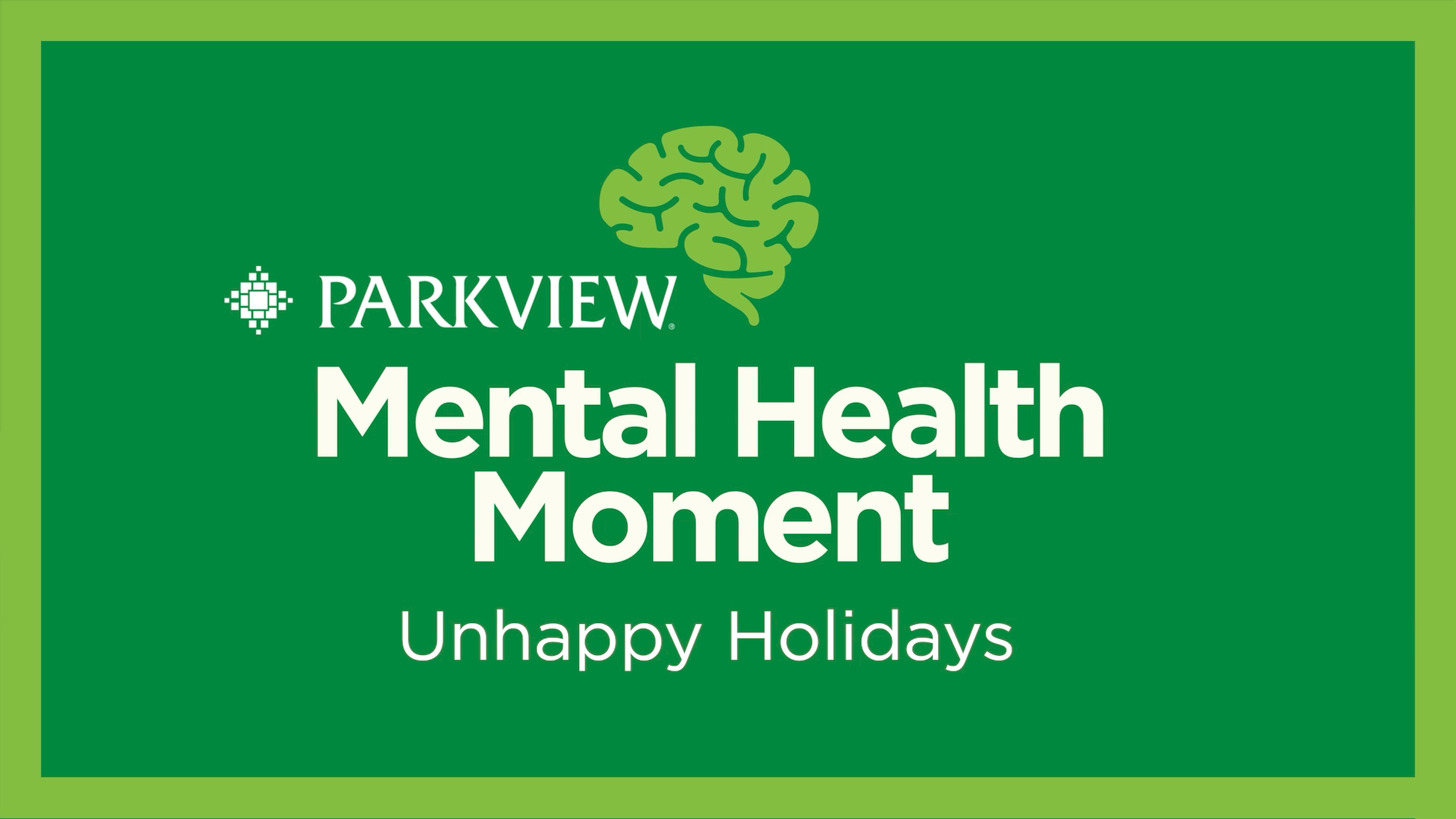
LaDonna Hayden, MA, LMHC, student assistant program coordinator, Parkview Employee Assistance Program, says we need to think about therapy differently. Here she clues us in to Rapid Resolution Therapy (RRT) and how it can be fast and freeing for those facing a traumatic memory, such as first responders, a serious mental health condition or addiction.
Background
In March 2018, Parkview Health offered a training on RRT. As an evidence-based mental health practitioner, I was hesitant to attend, as RRT did not have strong empirical support. But, after witnessing first-hand how individuals transformed in only one session, I knew I wanted to try it.
Now, nearly 150 RRT sessions later, 94.8% of my clients have noted complete to near complete relief from their mental health struggle following a single session of RRT. While the research still needs time to catch up, these outcomes are life-changing.
The technique
RRT was developed by Dr. Jon Connelly, founder of the Institute for Rapid Resolution Therapy. Following his early work in child protective services, Dr. Connelly wanted to create a therapy that would quickly relieve emotional suffering.
The brain has two parts: a thinking side and a feelings side. Ideally, we want the brain communicating as one happy, balanced unit, equal parts thinking and feeling. Unfortunately, when distressing or traumatic events occur, those memories can get stuck, causing an imbalance and overstimulation, triggering the feelings side of the brain.
RRT is an interactive therapy, where the therapist guides the session with imagery, mindfulness and psychoeducation. This positive, solution-focused approach helps an individual reframe how he or she views the world around them.
Think of your brain as a sink and a clog as a distressing event. In the beginning, when you turn on the faucet, the water goes down the sink, no problem. Over time, the gunk of everyday life begins to make it harder for water to pass down the drain. Then one day, the water becomes stagnant. The clog blocks the water from leaving the sink just as distressing or traumatic memories can prevent the brain from working for our maximum benefit.
RRT therapists are the skilled plumbers of the mind. With the help of a properly trained RRT practitioner, we can connect using metaphors, calming techniques, and neuroscience to allow you to talk about the event without emotionally reliving it, thus clearing out the sink to where water passes through and that portion of the mind stops making people feel painful emotions unnecessarily. Therefore, the emotional memory transforms into a memory of an emotion.
RRT works to address and clear the effects of many common struggles, such as anxiety, panic disorder, sexual abuse, guilt, grief, addiction, anger, PTSD, etc. Almost anyone who can understand the words of an RRT counselor can potentially benefit from RRT.
RRT is a short-term therapy. Instead of spending months or years in therapy, people are reporting resolution after one RRT session. In some cases, a second or third session may be indicated.
The benefits
Unlike other therapeutic approaches that force an individual to experience painful emotions while discussing a trauma or distressing event, RRT dispels the negative effects of traumatic events effectively, rapidly and gently.
Counseling has a wide variety of approaches. RRT is proving to be highly successful, fast-acting, and emotionally calming. More therapists are receiving RRT training every day. If you believe you could benefit, find a provider in your area and explore the method.



